HHS Secretary Robert F. Kennedy Jr. removes all CDC vaccine advisers, triggering backlash from health experts
U.S. Health Secretary Robert F. Kennedy Jr. has dismissed all 17 members of the CDC’s vaccine advisory committee, a move critics warn could undermine trust in immunisation policy and destabilise public health.
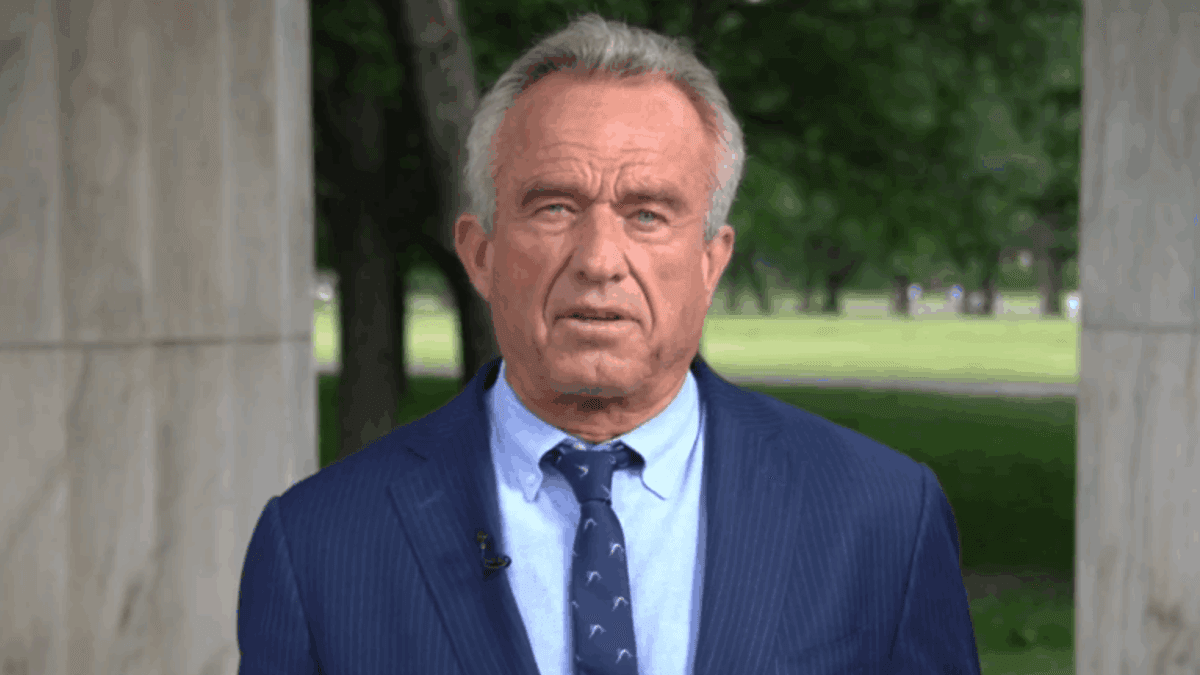
- HHS Secretary Robert F. Kennedy Jr. removed all 17 members of the CDC’s Advisory Committee on Immunization Practices on 9 June.
- Kennedy said the move was to restore trust, citing conflicts of interest, but critics see it as politically motivated.
- Health leaders warn the decision could undermine public confidence, increase vaccine hesitancy, and threaten disease prevention.
In an unprecedented shake-up of U.S. health policy, Health and Human Services (HHS) Secretary Robert F. Kennedy Jr. on 9 June dismissed all 17 members of the Centers for Disease Control and Prevention’s (CDC) vaccine advisory committee.
The panel, known formally as the Advisory Committee on Immunization Practices (ACIP), plays a central role in shaping national vaccine policy. Its recommendations determine immunisation schedules used by doctors, schools, and insurers across the country.
Kennedy, long a controversial figure in debates about vaccine safety, framed the move as a necessary step to restore public trust in U.S. health agencies.
“Today we are prioritising the restoration of public trust above any specific pro- or anti-vaccine agenda,” Kennedy said in a statement released by HHS. “The public must know that unbiased science — evaluated through a transparent process and insulated from conflicts of interest — guides the recommendations of our health agencies.”
Sweeping removal of Biden-era appointees
According to an HHS press release, all 17 ACIP members were appointed during the Biden administration, 13 of them in 2024 alone. Kennedy argued that this left the incoming Trump administration unable to appoint a majority until 2028.
“This imbalance denied the public confidence that the committee was operating independently,” Kennedy said.
The action came despite assurances Kennedy made earlier this year during his Senate confirmation process. At the time, Senator Bill Cassidy, a Louisiana Republican and physician, said Kennedy had committed to leave ACIP intact.
“If confirmed, he will maintain the Centers for Disease Control and Prevention’s Advisory Committee on Immunization Practices without changes,” Cassidy said on the Senate floor in February 2025.
In the wake of Monday’s announcement, Cassidy voiced concern that Kennedy might replace the panel with individuals lacking scientific credentials.
“There is a fear the ACIP will be filled up with people who know nothing about vaccines except suspicion,” Cassidy wrote on X. “I’ve just spoken with Secretary Kennedy, and I’ll continue to talk with him to ensure this is not the case.”
Fierce backlash from medical community
The decision has drawn swift and widespread condemnation from health leaders.
Dr Paul Offit, a paediatrician and vaccine expert who sits on the FDA’s advisory committee, called the move “extremely dangerous.”
“The votes by this committee over the last 25 years have caused children to suffer less and die less,” Offit told ABC News. “ACIP should be given awards, not fired.”
The American Medical Association (AMA) echoed this criticism. Its president, Dr Bruce A. Scott, warned that removing the panel “undermines trust and upends a transparent process that has saved countless lives.”
Former CDC director Dr Mandy Cohen said the decision “spreads confusion and casts doubt on transparent public health processes.” Families making decisions about vaccines, she added, would now face even greater uncertainty.
Dr Richard Besser, who briefly served as acting CDC director under President Obama, went further, suggesting the move confirmed Kennedy’s intent to pursue an anti-vaccine agenda. “This should erase any remaining doubt,” Besser said.
A break from past practice
Since its creation in 1964, ACIP has provided independent advice to the CDC on vaccines to prevent diseases such as polio, measles, influenza, and COVID-19.
While the FDA determines whether a vaccine is safe and effective enough to be licensed, ACIP decides how — and for whom — it should be used. Its 15 voting members are drawn from academia, clinical practice, and public health.
Kennedy, however, has argued that ACIP has functioned as a “rubber stamp for industry profit-taking agendas.” In an op-ed for The Wall Street Journal published shortly before the announcement, he alleged the committee was “plagued by conflicts of interest” and had “never advised against a vaccine” despite safety controversies.
But historical records show otherwise. In the past, ACIP has restricted or recommended limited use of certain vaccines, such as the rotavirus vaccine in the late 1990s, and documented those decisions in public archives.
Since 2000, ACIP members have been required to disclose financial conflicts of interest, a measure introduced to increase transparency.
Signs of a broader overhaul
Kennedy’s dismissal of ACIP is the latest in a series of unconventional policy decisions. Two weeks ago, he announced that COVID-19 vaccines would be removed from the CDC’s immunisation schedule for healthy children and pregnant women. Last week, a senior CDC official who co-led ACIP resigned in protest.
HHS has yet to reveal who will be appointed to the reconstituted committee. Kennedy has promised “new members will be chosen for their commitment to evidence-based medicine and public health, free of financial entanglements.”
Public health at a crossroads
For many health leaders, the timing could not be worse. Vaccination rates for childhood diseases have been slipping nationwide since the pandemic. Measles outbreaks have already resurfaced in several U.S. states this year.
“Consistency and trust in immunisation guidance are more critical than ever,” said Dr Scott of the AMA. “Disrupting that structure risks a resurgence of preventable disease.”
Some critics fear Kennedy’s changes could embolden vaccine hesitancy. The U.S. already faces challenges persuading parents to follow standard immunisation schedules, with misinformation spreading rapidly online.
“Removing the experts who have guided us for decades sends a dangerous signal,” said Dr Cohen. “It suggests politics, not science, is driving vaccine policy.”
Political fallout
The move is also likely to deepen partisan divides over public health. Republicans, who control both chambers of Congress, have been divided over Kennedy’s role in the Trump administration. Some have welcomed his scepticism of pharmaceutical companies, while others — particularly physicians like Cassidy — are uneasy with his more radical positions.
Democrats, meanwhile, accused Kennedy of dismantling institutions designed to protect public health. Several former Biden administration officials said the firings would erode trust not only in vaccines but also in the CDC itself.
What comes next
Kennedy has said replacement members for ACIP will be announced later this summer. Until then, the CDC’s vaccine recommendations will remain in effect, though the absence of an advisory committee raises questions about how updates will be made.
In his statement, Kennedy insisted that his reforms are about restoring credibility, not dismantling vaccination programs. “Americans deserve to know that their health policies are based on independent science,” he said.
But for many in the medical community, the fear is that Kennedy’s brand of reform could create more confusion, not less.
“The history of vaccines is one of extraordinary public health success,” said Dr Offit. “We should be learning from it, not dismantling the systems that made it possible.”


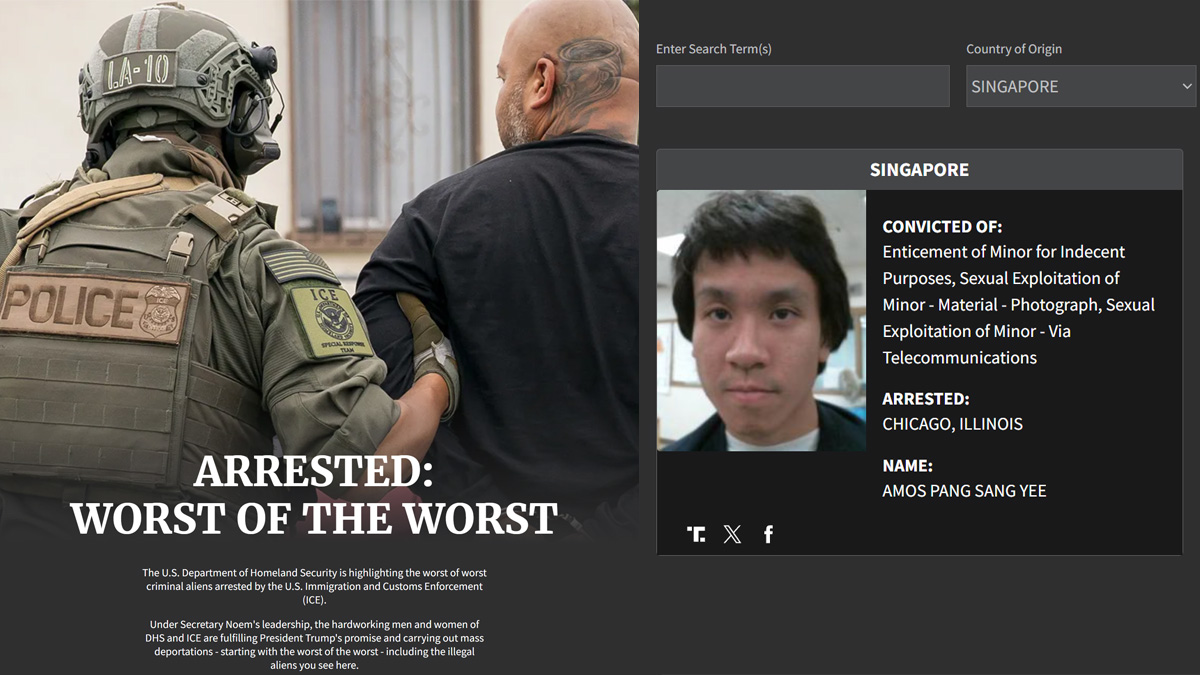
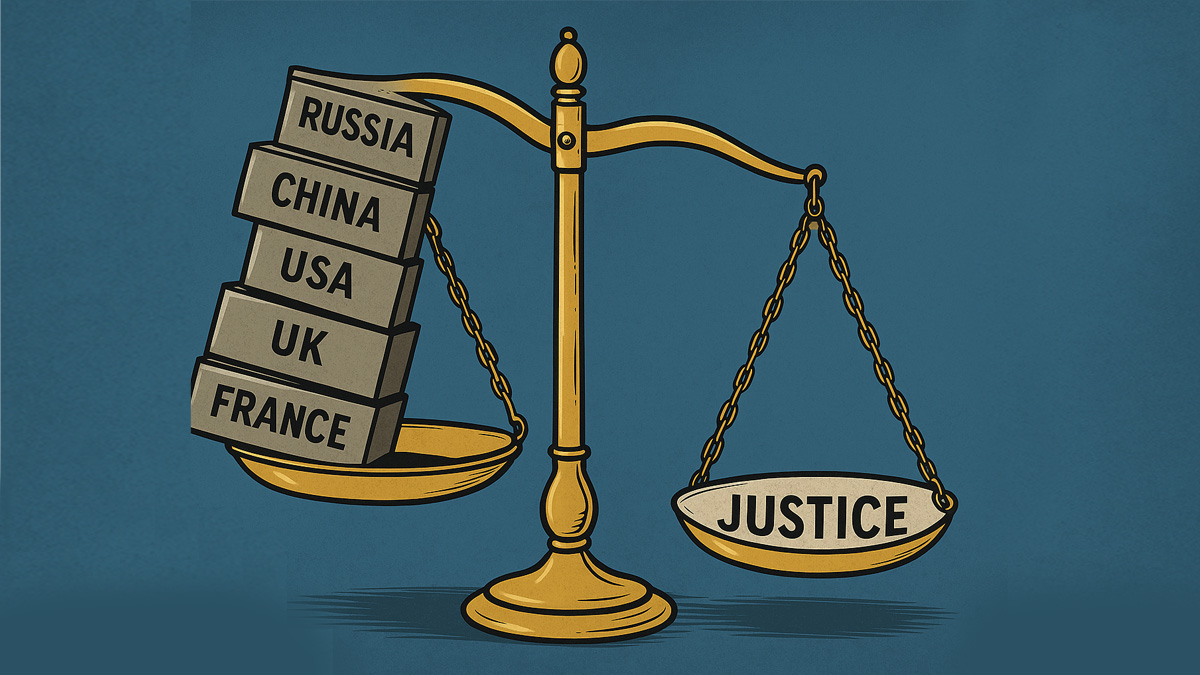
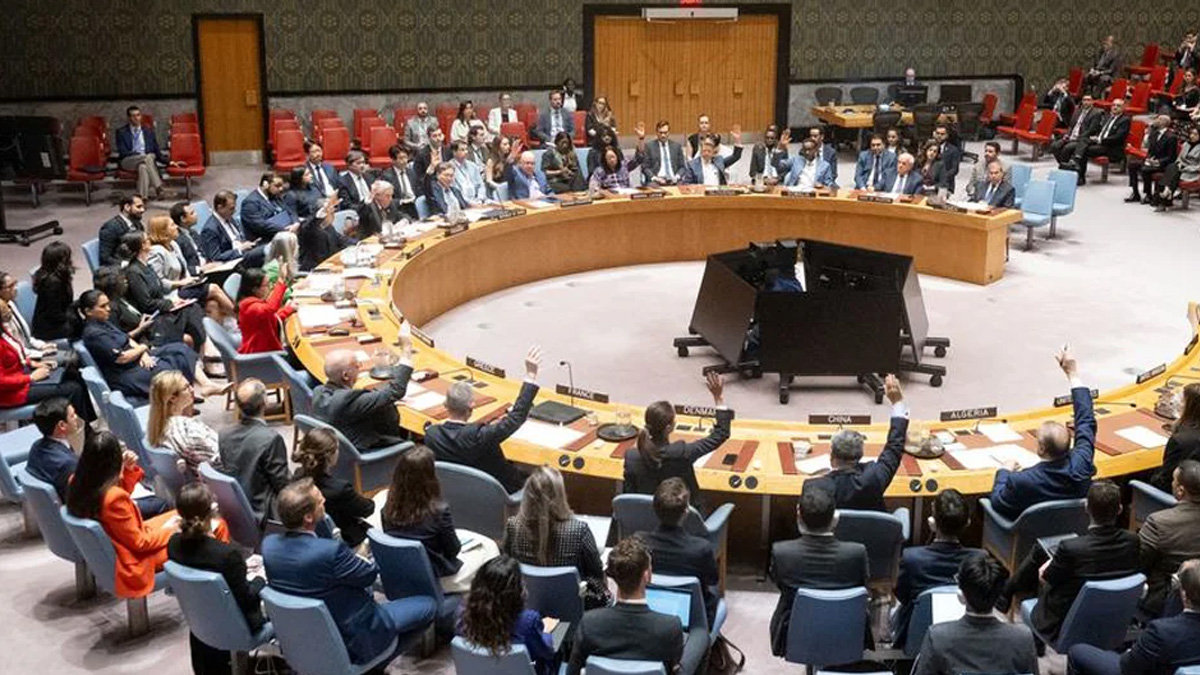

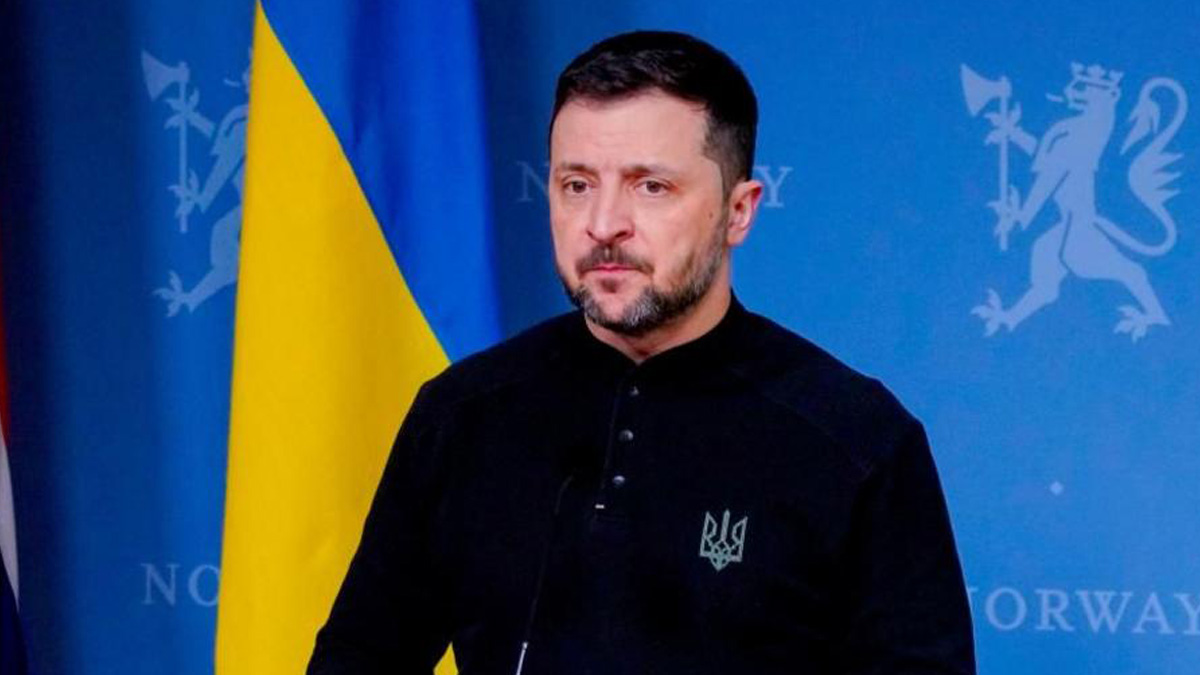

0 Comments